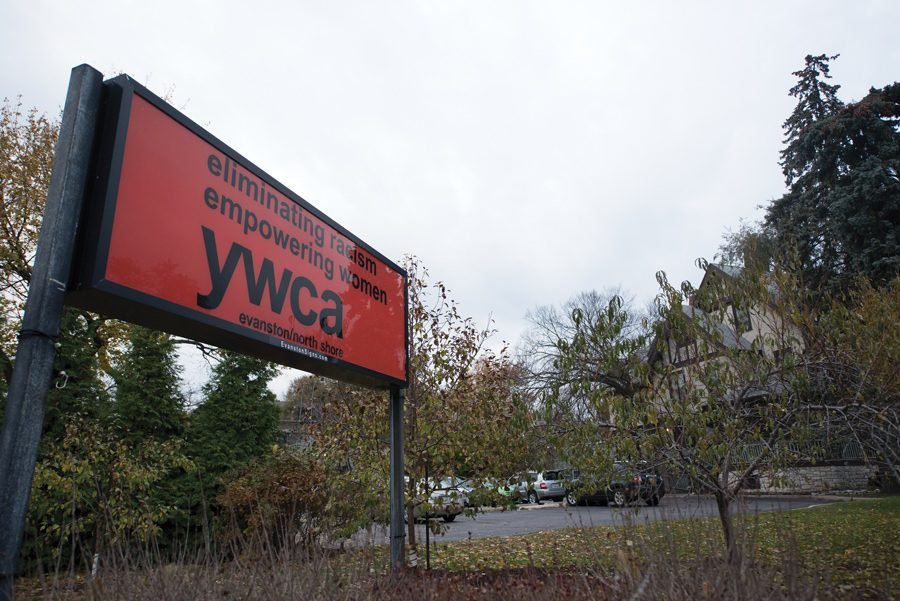YWCA Evanston/NorthShore shelter to reopen in April
Katie Pach/Daily Senior Staffer
The Evanston YWCA is set to reopen its facilities in April after undergoing a facility expansion.
March 4, 2021
Mary Lou’s Place, the only domestic violence shelter in the city, is set to reopen its facilities in April after a significant expansion.
The expanded shelter will fit up to 68 people, according to Hillary Doun, the director of the domestic violence program at the YWCA Evanston/North Shore, where the shelter is located. The expansion will nearly double the amount of available rooms, the Chicago Tribune reported back in 2019.
“We’re just happy to really be able to help more survivors in a meaningful way,” Douin said.
While the YWCA building, 1215 Church St, has been under construction, Douin said the organization is still helping survivors find housing, including providing hotel rooms. Douin said YWCA counselling services, legal advocacy and other types of support has continued to be offered remotely.
The YWCA offers multiple resources for survivors, including long-term housing, a 24-hour crisis line, trauma-informed counselling, workforce training, financial education, legal advocacy, early-intervention therapies for children and health care referrals.
Jennifer Allen, legal advocacy program manager, said the new facility will allow survivors to have autonomy and privacy in separate rooms, but also for participation in larger community programming.
Beth Enterkin, clinical counselor at Connections Health Collaborative Counselling, said the availability of support services for domestic violence survivors deeply impacts their long-term mental well-being. Enterkin said exposure to chronic domestic violence can put an individual at high-risk of developing post-traumatic stress disorder, anxiety, suicidal ideation, and more.
Enterkin said domestic violence constitutes an experience of complex trauma. Survivors often “walk on eggshells” to ensure that they make no mistakes that would provoke a violent retaliation from their partner, she said. Over time, she said low-grade trauma can build up and take control of their lives.
According to Enterkin, the legal process of apprehending the perpetrator or ensuring safety through orders of protection can also re-traumatize survivors. Because of these detrimental psychological effects, Douin and Allen said the available free legal and mental health resources at YWCA are critical.
Interpersonal abuse (survivors) can benefit from therapy, by having a safe place to talk through what’s going on, find out what options they have and come to their own empowered decision about what they want to do,” Enterkin said.
According to a 2019 National Network to End Domestic Violence survey, between 22 and 57 percent of all women experiencing homelessness say domestic violence was the immediate cause of their loss in housing.
Allen and Douin said the expansion of housing space within the shelter is crucial for the organization’s capacity to protect survivors. With more funding, they said YWCA can provide support to a greater number of people.
“Our services do support folks and getting them to the resources they need might make them feel safer,” Allen said.
Email: melinachalkia2023@u.northwestern.edu
Twitter: @ChalkiaMelina
Related Stories:
— YWCA talks racial healing and reparations
— Evanston resident walks marathon to fundraise for YWCA
— Everything Evanston: YWCA hosts racial healing circles, Y.O.U. hosts MLK Day event



